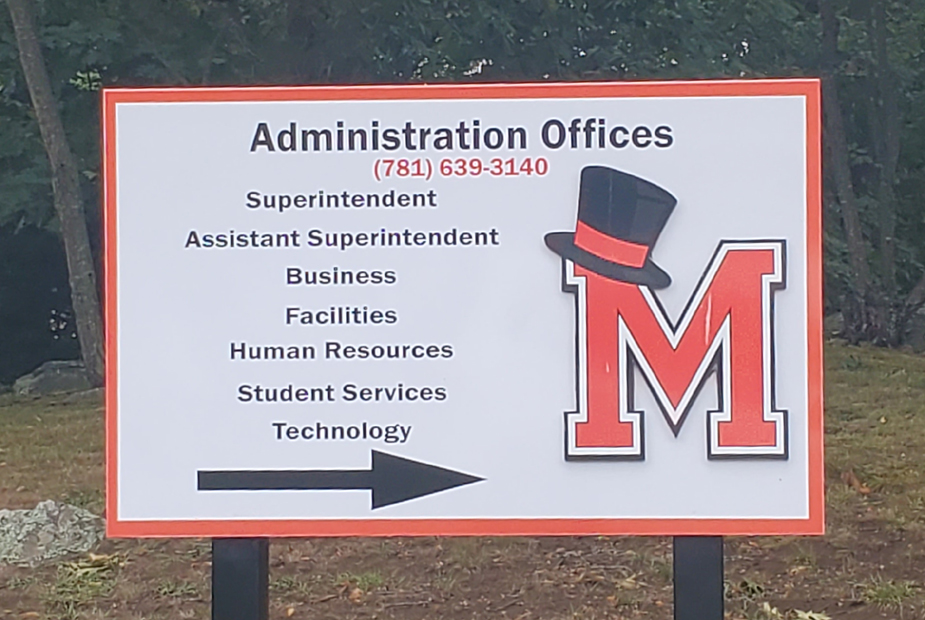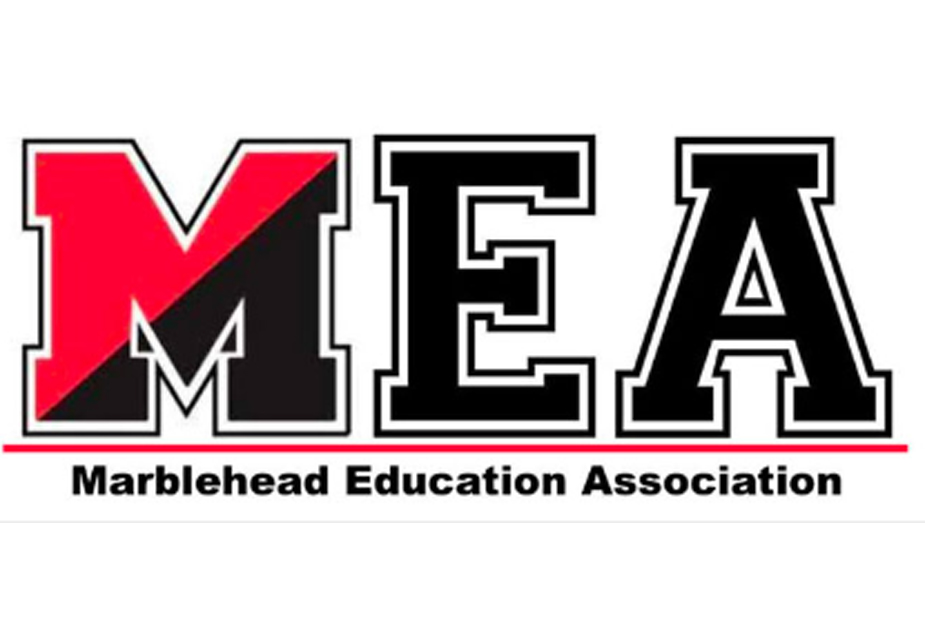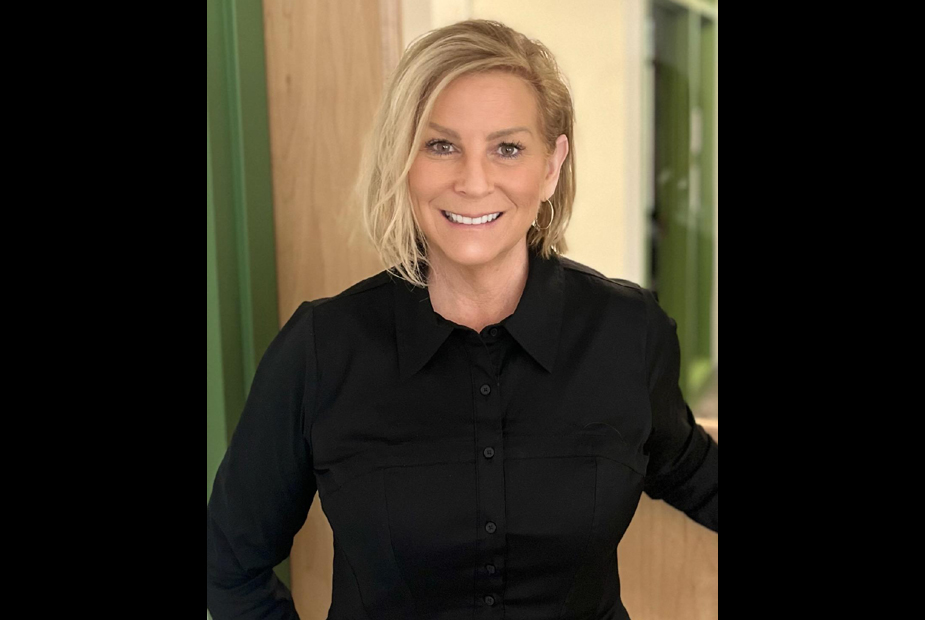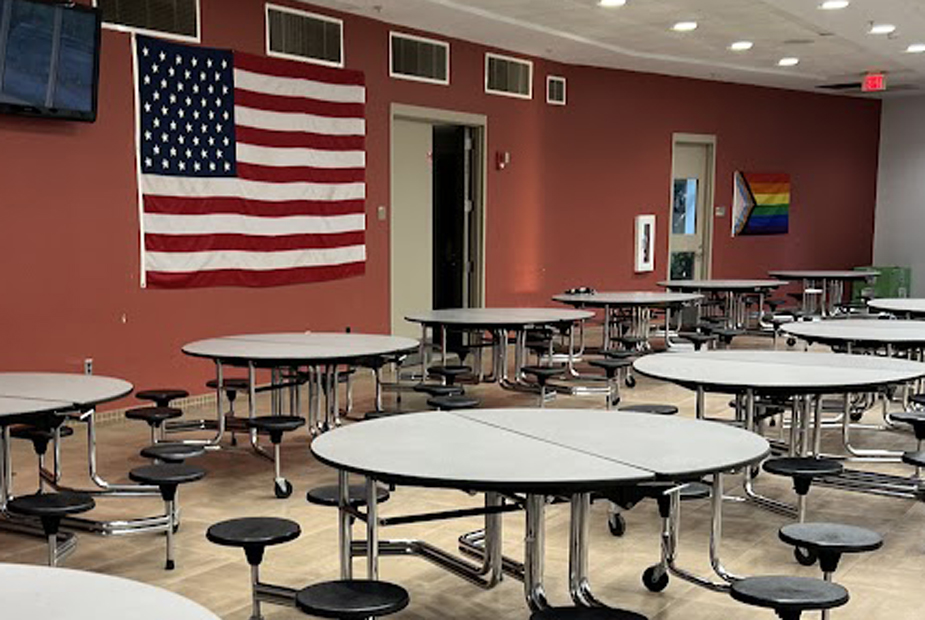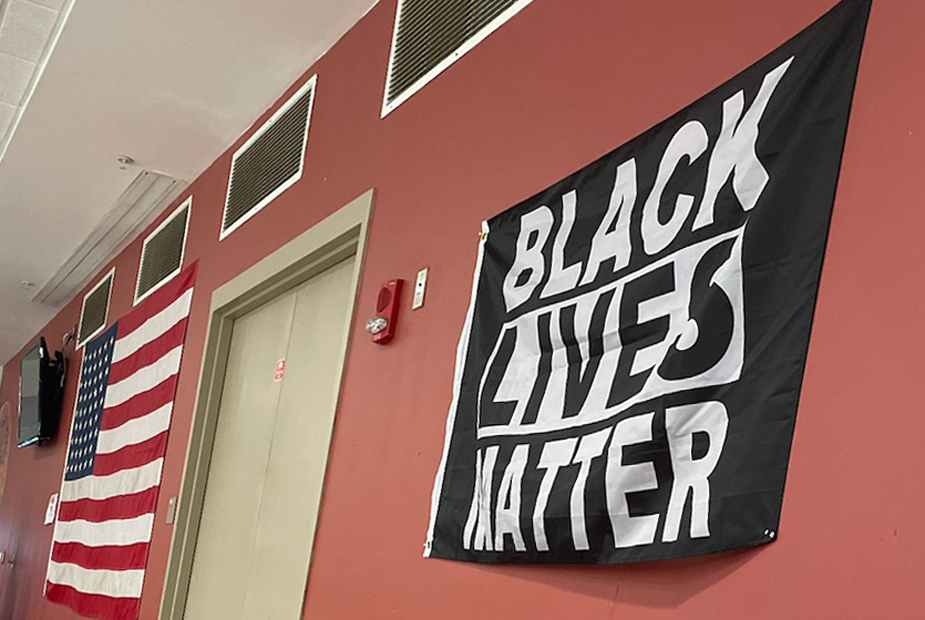Educational Philosophy and Leveled Classes: Part II of Conversation with School Leaders
Earlier this month, Marblehead Beacon wrote about the district’s new K-6 report card system, providing insights gleaned from our conversation with Superintendent John Buckey and Assistant Superintendent Nan Murphy. During that same discussion, Buckey and Murphy also spoke in broader terms about how best to meet the needs of different types of learners in each grade level.
At the elementary school level, both Buckey and Murphy expressed support for placing students of varying abilities together within the same classroom but noted that it is important for those students to be grouped into smaller sections within the classroom. Each student may be brought up to their highest ability “with combined classrooms,” Murphy said, explaining that the student’s enrichment is a function of the “art of teaching.” She specifically mentioned the importance of the new what-I-need (WIN) blocks during which teachers will be able to provide more individualized instruction to students of varying abilities.
When asked about the possibility of removing leveled classes at Veterans Middle School and at Marblehead High School (MHS), Buckey referred to the Massachusetts Education Reform Act of 1993. “The Department of Education said that schools needed to detract and get rid of their lowest levels because they were keeping students from achieving their true potential,” he said, “I think that this idea of boxing children and students [in a way] that creates tracks is something that school districts have been trying to move away from. So rather than having AP, honors, CP, CP1, CP2, basic, and special education, like seven different levels, at the end of the day, algebra 1 is algebra 1. And if you want to have an honors section of that, great, but algebra 1 remains algebra 1. There’s no real honors level of algebra.”
At MHS currently, the available classes for students include Advanced Placement (AP), honors, CP1, and CP2. AP classes follow a national curriculum defined by the College Board and can often translate into college credit based on the score achieved on an end-of-year assessment. AP classes cover college-level content, though they generally take a full year to cover material that is covered in a single college semester. CP1, which stands for College Prep 1, is considered the standard level, with honors and CP2 offering, respectively, increased challenge and increased support.
Currently, Marblehead High School offers all four levels of classes in science and math. For English language arts and social studies, CP2 classes have recently been eliminated, with the students who would have otherwise enrolled in these classes being placed into CP1 classes instead. Murphy explained this change, stating that “according to ed. reform, [CP2 classes are] not educationally sound thinking.”
With regard to the potential for eventually removing AP and/or honors classes from the high school as well, Buckey explained that this was a rumor that had been floating around but was entirely untrue. “I want to be very clear, from this moment, that MTSS (multi-tiered systems of support) does not ever indicate the elimination of honors or AP classes,” he said, “but certain segments of the community thought it would be a fun rumor to spread and allow to have legs, but it is categorically fake.”
At Veterans Middle School, only math classes are currently leveled, with three different options offered to students. Enrollment in accelerated math in 7th and 8th grades allows students to complete calculus by their senior year of high school, while those who choose to take standard or supported math are unable to do so without doubling up in math at some point during high school. Buckey spoke to the issues he sees with this style of math education, saying that “I think it limits opportunities because your eighth-grade math class…dictates what your ninth-grade math class is.” He shared his own experience with this lack of opportunity, explaining that “when I myself was an [eighth grade] student, I didn’t get to take algebra 1, so I doubled up algebra 2 and geometry my sophomore year in order to take AP calculus. So I think it provides obstacles for students, but Mr. Fox (the principal at the Veterans school) has not come to either one of us to talk about changing.”
For parents with questions about whether their children are achieving the appropriate level of challenge, Murphy explained that they should not hesitate to contact teachers. “If parents have questions about how things are going in the classroom, we encourage dialogue. Reach out to the teacher. They’re the best people to answer any kind of questions that parents are having around academics.”



